The third, and final, practice session prior to qualifying tomorrow saw Yamaha bikes dominate. The fastest time of the weekend so far was posted by Jorge Lorenzo on his factory bike, while satellite Yamaha rider Cal Crutchlow somewhat surprisingly slotted into second spot with a lap time superior to the best Casey Stoner (Honda) has recorded all weekend.
Stoner was third quickest prior to qualifying, but it was another Yamaha in fourth . . . that of Andrea Dovizioso. After Pedrosa’s Honda slotted into fifth, the Ducati of Hector Barbera came sixth.
Tomorrow is qualifying, but Yamaha appears to have the better bike, on the whole, at this point for this track.
| Pos. | Num. | Rider | Nation | Team | Bike | Km/h | Time | Gap 1st/Prev. |
| 1 | 99 | Jorge LORENZO | SPA | Yamaha Factory Racing | Yamaha | 329.7 | 1’55.302 | |
| 2 | 35 | Cal CRUTCHLOW | GBR | Monster Yamaha Tech 3 | Yamaha | 329.6 | 1’55.456 | 0.154 / 0.154 |
| 3 | 1 | Casey STONER | AUS | Repsol Honda Team | Honda | 336.3 | 1’55.674 | 0.372 / 0.218 |
| 4 | 4 | Andrea DOVIZIOSO | ITA | Monster Yamaha Tech 3 | Yamaha | 333.4 | 1’55.905 | 0.603 / 0.231 |
| 5 | 26 | Dani PEDROSA | SPA | Repsol Honda Team | Honda | 334.9 | 1’56.114 | 0.812 / 0.209 |
| 6 | 8 | Hector BARBERA | SPA | Pramac Racing Team | Ducati | 338.3 | 1’56.163 | 0.861 / 0.049 |
| 7 | 69 | Nicky HAYDEN | USA | Ducati Team | Ducati | 338.8 | 1’56.402 | 1.100 / 0.239 |
| 8 | 46 | Valentino ROSSI | ITA | Ducati Team | Ducati | 337.4 | 1’56.535 | 1.233 / 0.133 |
| 9 | 6 | Stefan BRADL | GER | LCR Honda MotoGP | Honda | 335.1 | 1’56.751 | 1.449 / 0.216 |
| 10 | 19 | Alvaro BAUTISTA | SPA | San Carlo Honda Gresini | Honda | 334.0 | 1’56.771 | 1.469 / 0.020 |

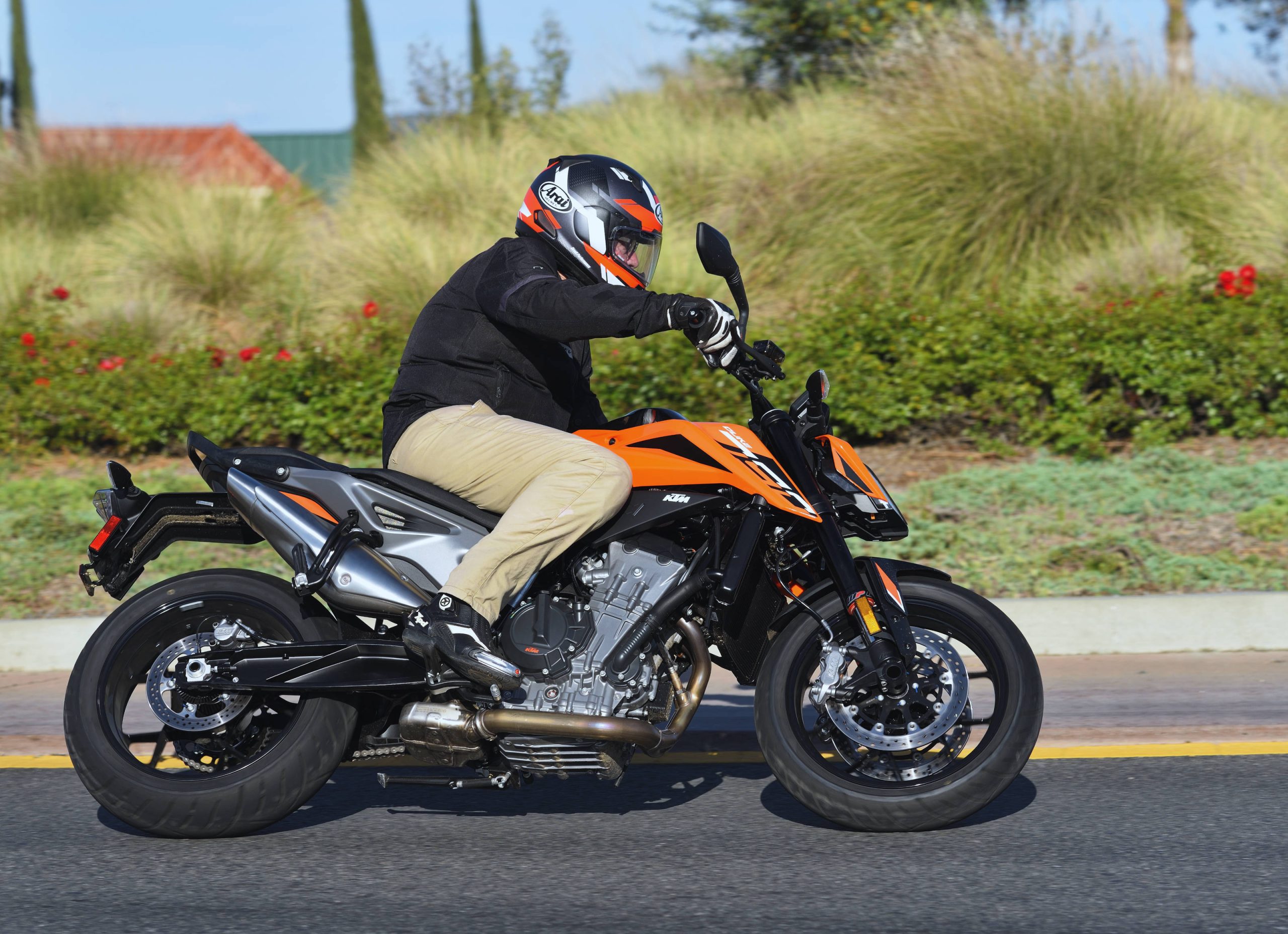
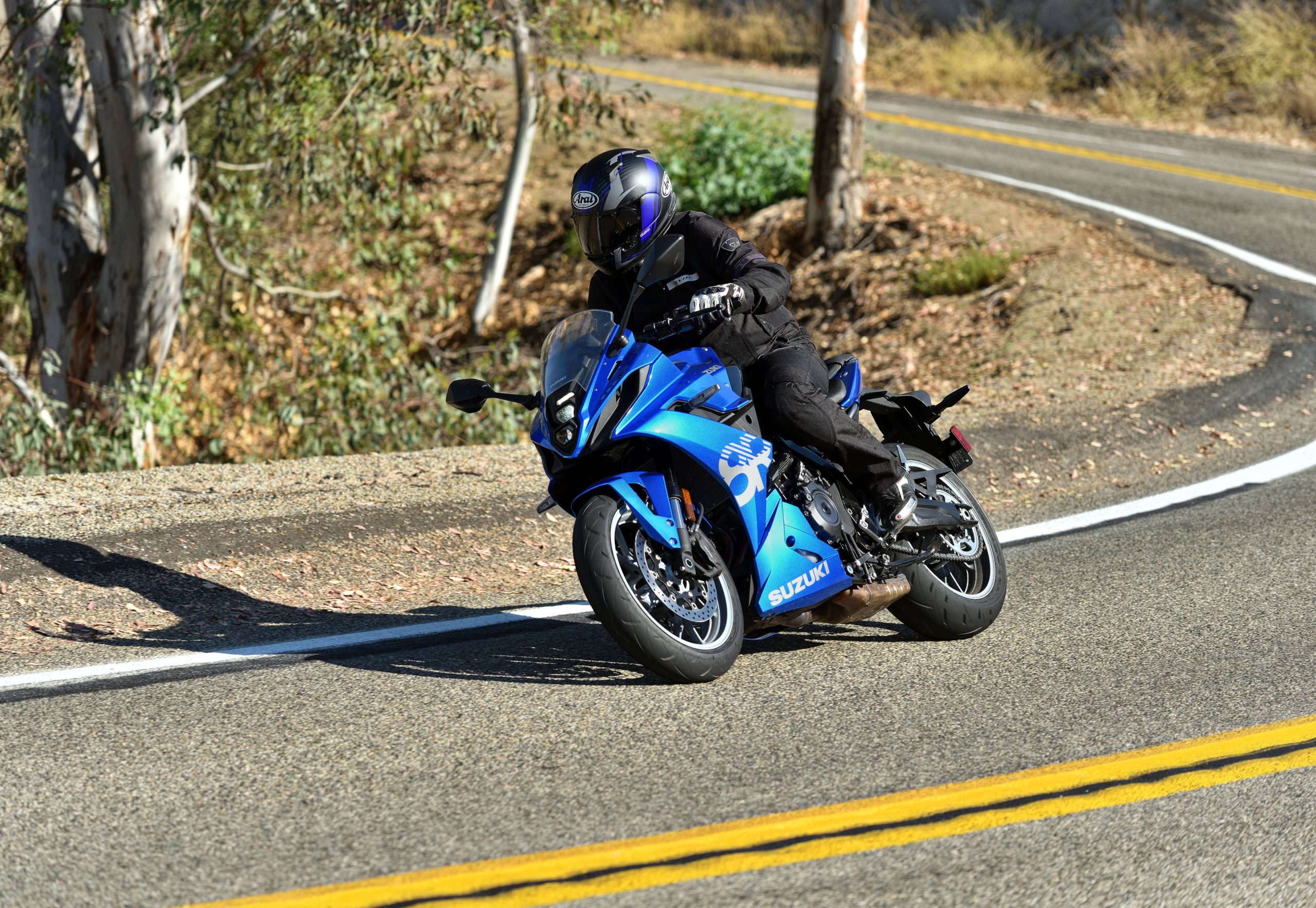
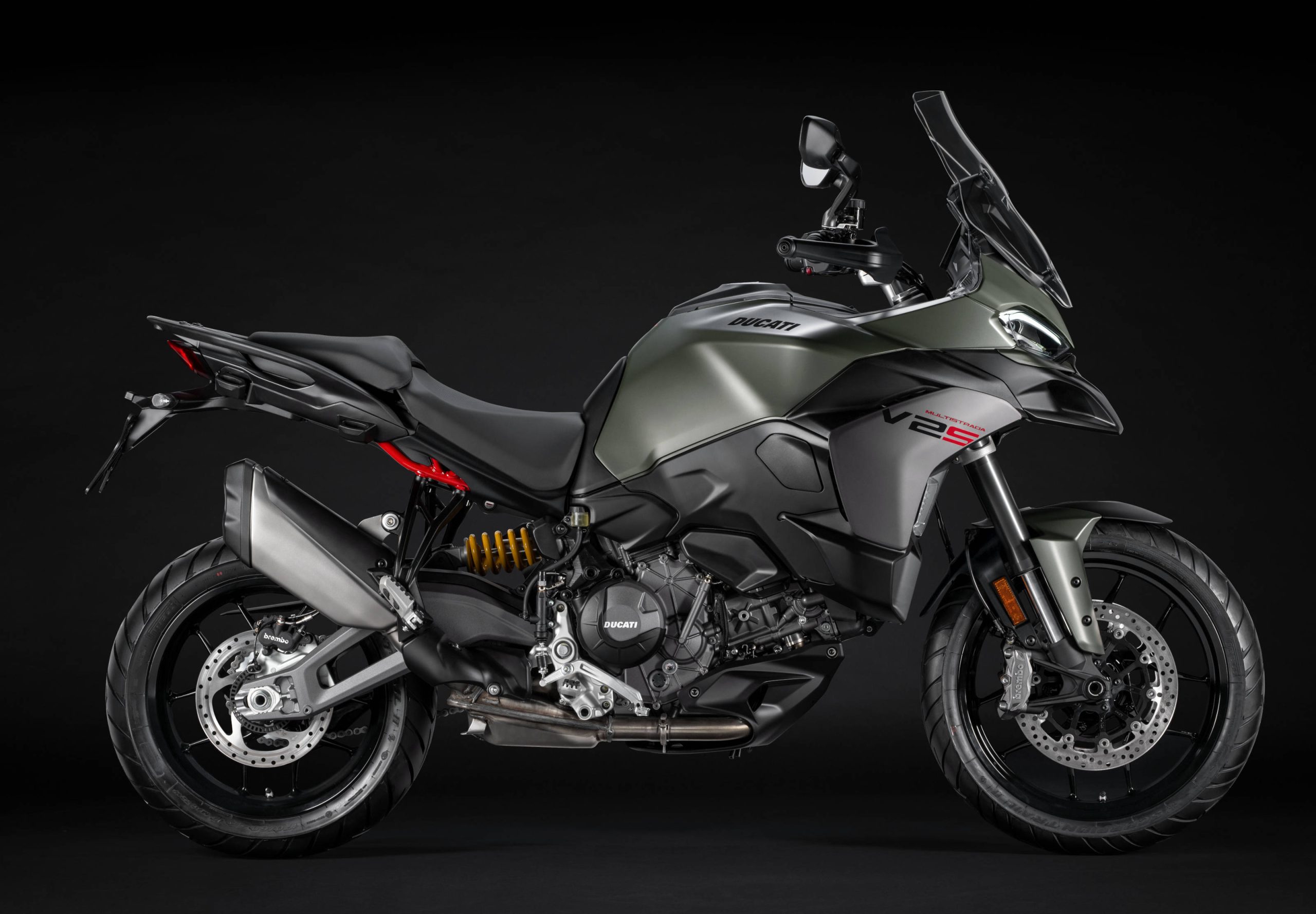
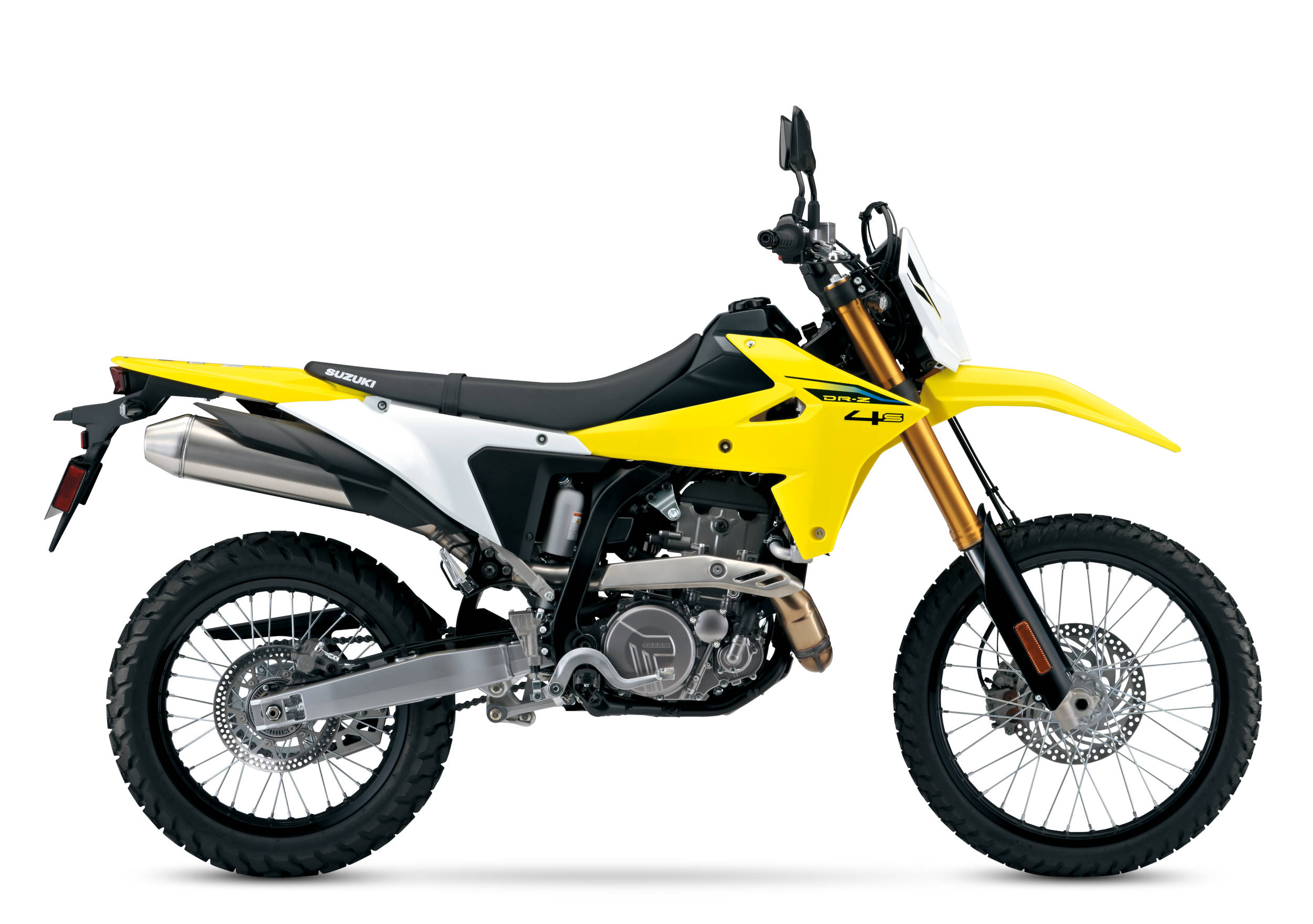
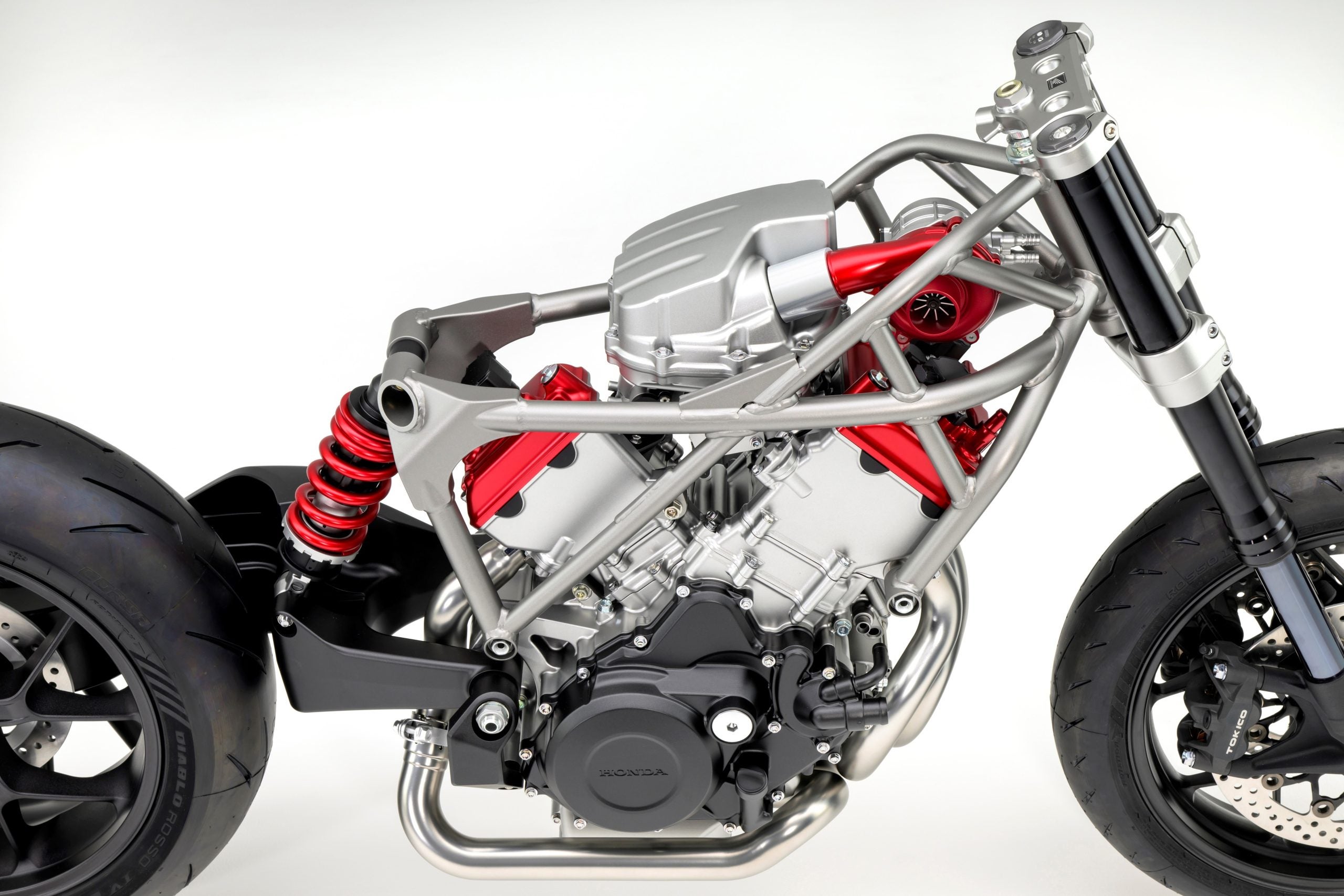
This is very encouraging. I’ve felt all along that going back to the 1000’s would help even the playing field, with more power than these guys can actually use. It will help bring out the best riders, rather than just the fastest straight line bikes winning. I look forward to Lorenzo and Stoner finally going head to head without one bike a huge competitive advantage over the other. I don’t think there is any question that they are now the two best riders in the world.
I saw a comment above about the Ducati being the fastest, but as of a couple of weeks ago the Honda was still the horsepower king, by a very large margin. I find it hard to believe the Ducatis and the Yamahas have made up that much ground in that short of a time period.
Being fast in practice and qualifying are two different things. Its interesting that the bikes with the lowest top speed are quickest in practice. Me thinks there may be some “sandbaging” going on in the Honda camp. As the saying goes when the flag drops the bullS##T stops…
Interesting that the Ducatis appear to be the fastest. Most horsepower I guess, although apparently less controllable…
Did you know a number of AMA superbike factory riders went over 200 mph @ Daytona this March? So if your track has a long enough straightaway you don’t need 250 hp to do it.
Carlos Checca is dominating WSB again despite being down on HP to all of his competition, again. Top speed means little if the bike is slow on the rest of the track.
Yes, the Yamaha’s have the cross plane crank.
They had it a year before the street bike used it.
Jorge Lorenzo reported the bike to be more “rideable” after they switched to it.
The cross plane crank debuted for the 2005 season, 4 years ahead of the R1.
All the other bikes have the same firing order by virtue of V-4 engine configuration.
even sooner. twas rossi’s 2004 gauloises bike that was destined to alter our consumer experience for the better.
Quote: “All the other bikes have the same firing order by virtue of V-4 engine configuration”
I’m no engineer so please correct me if I’m wrong here;
Bit I don’t think having a V4 means you’re defaulting to a uneven firing order. I’ve ridden V4’s that scream just like an inline4. Also, if I recall correctly, Ducati’s first MotoGP bike (Capirex + Bayliss) was a screamer. They then migrated to a sort of “big-bang” setup where 2 cylinders would fire at the same time (or at very close intervals) just like a twin. Yamaha also did something similar with Rossi’s first “long-bang” engine, albeit with an inline instead of a vee.No clue what Honda did with the first V5 RC211V, though I think they had the 5th act as a sort of counter-balancer or something. I had this nice magazine issue that explained all the 990cc era engines very well (in plain peasant-speak for simpleton’s like me), but can’t seem to find it right now.
True, there have been different firing/timing orders of V-4, especially in the 2-smoker days. The primary benefit is not the firing order per say, but the more even weighting of the pistons. With a standard I-4, all 4 pistons stop at the same time, twice per revolution, causing huge, if very short duration, back torque. With a “normal” V-4 or cross-plane configuration, when one piston is stopped at the top or bottom of a stroke, there is another piston in mid-stroke travelling as fast as it will in a revolution to offset it so that the crank retains it’s momentum.
It also sounds wicked cool.
I’d be interested in reading that article if you can find it and let me know what mag it’s in. I don’t know the exact configurations that were used and find that stuff fascinating.
I think the 1st Ducati V-4 was configured to run like two V-twins together, ie. front pistons rise and fall together, rear pistons rise and fall together. I think they were still clocked 90* apart, as with a V-twin though. I could be wrong, was a long time ago.
Dave,
All I can recall is that it was on MCN, a British Publication (I was living in England at the time).
Haven’t had luck finding the issue.
Yes
I know very little about the racing scene–do the Yamaha’s being raced have the “cross-plane” crank? just wondering